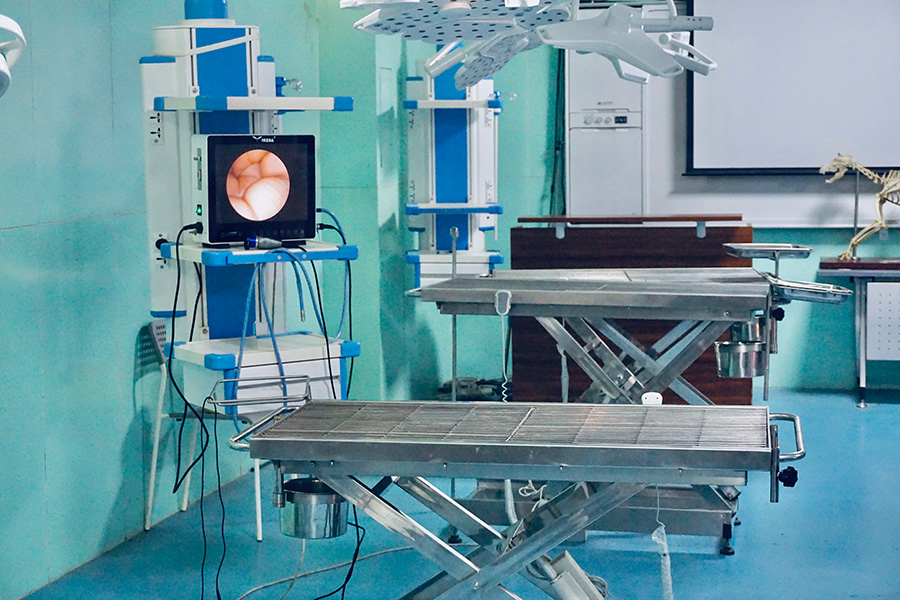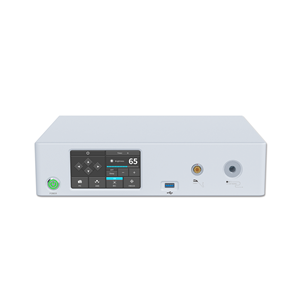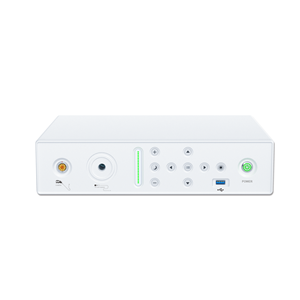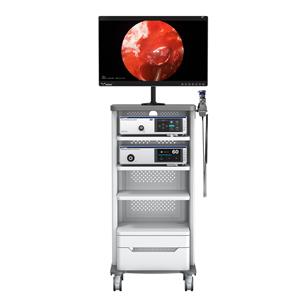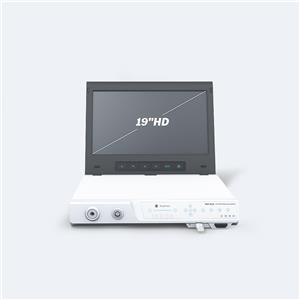Advancing Veterinary Surgeries: Laparoscopic Spay vs. Traditional Spay
Laparoscopic Spay: Navigating the Future
Laparoscopic spaying, an innovative minimally invasive technique, entails the use of specialized endoscopic instruments to perform ovarian removal. In contrast to the conventional approach, laparoscopic spaying necessitates only small incisions through which a camera and surgical instruments are inserted. This method provides veterinarians with heightened precision, reduced tissue trauma, quicker recovery periods, and improved patient comfort.
Advantages of Laparoscopic Spay
Minimized Tissue Trauma: The small incisions and decreased manipulation of tissues associated with laparoscopic spaying result in less trauma to the animal. This leads to reduced postoperative pain and discomfort, contributing to a smoother recovery process.
Enhanced Visualization: The integration of cameras and lighting systems in laparoscopic procedures offers veterinarians a magnified and high-definition view of the surgical site. This heightened visual clarity enables precise surgical maneuvers, leading to a more accurate procedure.
Accelerated Recovery: Animals undergoing laparoscopic spaying often experience shorter recovery periods due to the minimally invasive nature of the procedure. The reduced tissue trauma and pain allow for a quicker return to normal activities.
Aesthetic Benefits: The smaller incisions utilized in laparoscopic spaying result in minimal scarring. This aesthetic advantage is especially appreciated by pet owners who value the cosmetic appearance of their animals.
Traditional Spay: Time-Honored Practices
Traditional spaying, known as an open spay, has served as a staple in veterinary medicine for years. This method involves a larger abdominal incision to access and remove the ovaries. Although effective, traditional spaying is associated with more postoperative discomfort and a longer recovery period for the animal.
Drawbacks of Traditional Spay
Extended Recovery Time: The larger incision and consequent tissue trauma in traditional spaying lead to an extended recovery period for the animal. This can be a concern for pet owners who wish to minimize their pets' discomfort and downtime.
Greater Scarring: The larger incision of traditional spaying often results in more noticeable scarring, potentially impacting the cosmetic appearance of the animal.
Risk of Complications: The increased tissue manipulation and larger incision increase the potential for complications such as infection, wound-related issues, and herniation.
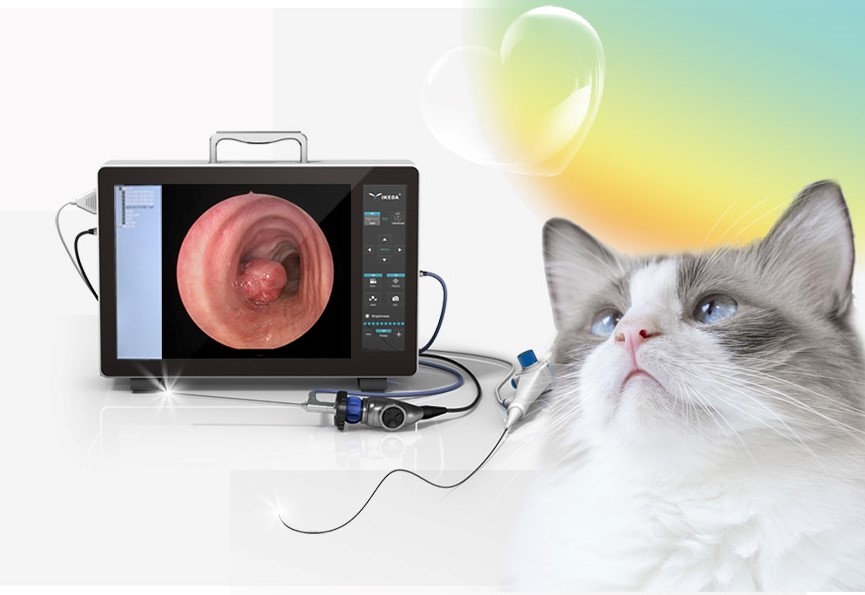
IKEDA Veterinary Portable Endoscopy Solutions
The field of veterinary endoscopy has been significantly advanced by the introduction of IKEDA veterinary portable endoscopy solutions. These state-of-the-art systems have empowered veterinarians with the ability to perform minimally invasive procedures in diverse settings. The portability of the equipment allows for on-site surgeries, reducing the stress associated with animal transportation and enhancing patient care.
IKEDA's endoscopy solutions boast cutting-edge cameras, advanced lighting mechanisms, and ergonomic designs that promote optimal visualization and ease of use. The versatility of these systems facilitates laparoscopic procedures like spaying, enabling veterinarians to achieve precise surgical outcomes effectively and efficiently.
In the ever-evolving landscape of veterinary medicine, the emergence of minimally invasive techniques such as laparoscopic spaying has reshaped the way surgeries are approached. Compared to traditional spaying, laparoscopic spaying offers numerous advantages, including reduced tissue trauma, quicker recovery, and enhanced surgical visualization. The contributions of IKEDA veterinary portable endoscopy solutions have further propelled the field by enabling veterinarians to deliver high-quality care with enhanced convenience and accuracy. As technology continues to advance, it is evident that veterinary endoscopy will continue to play a pivotal role in shaping the future of animal surgeries, ultimately improving the overall welfare of animals and satisfying their owners' expectations.
